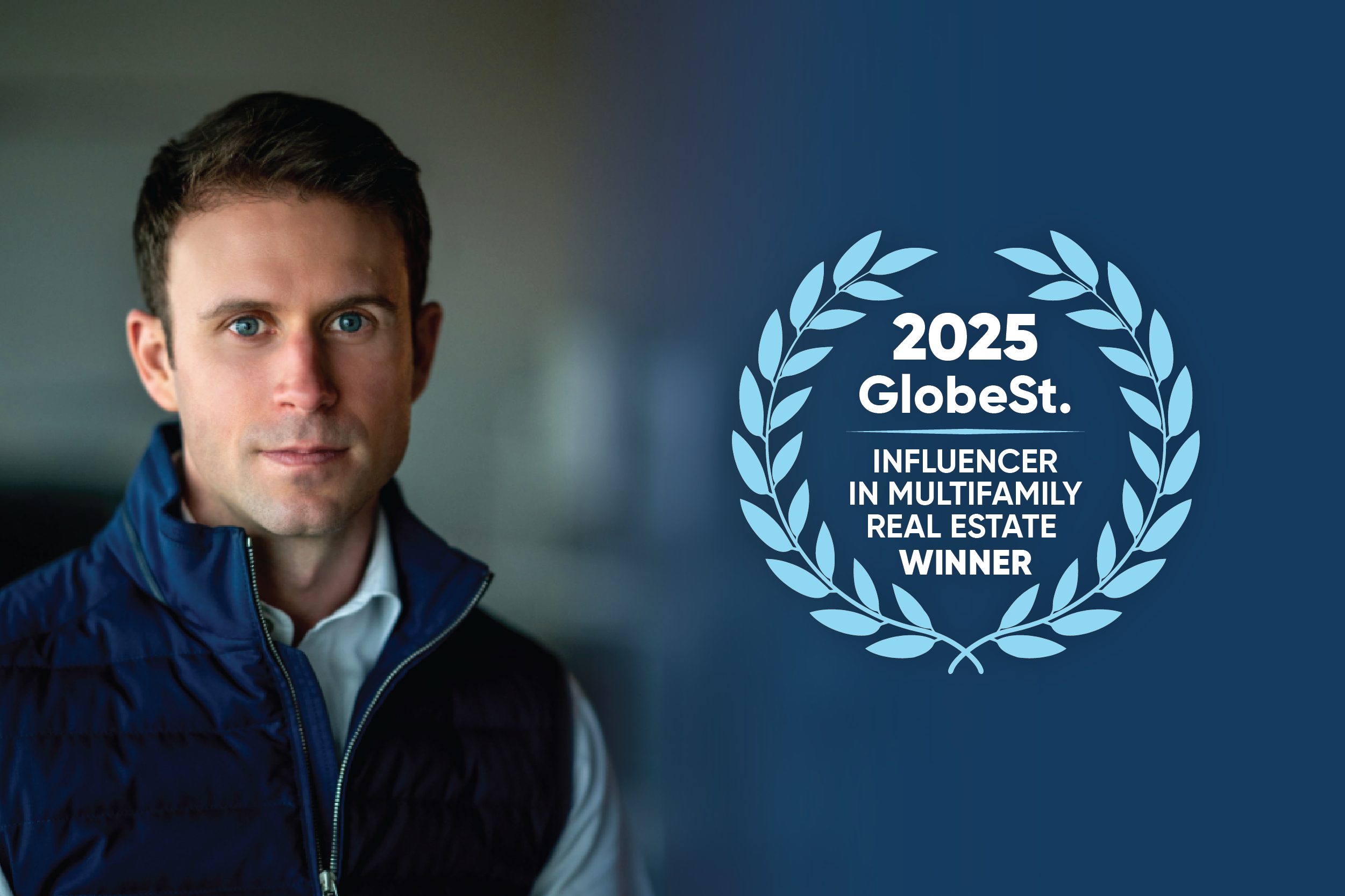The Power of Lifelong Learning: How Curiosity Forges Mastery
Lifelong learning is an essential part of personal and professional development. It is a continuous process that helps individuals stay relevant in their fields, keep up with changes in trends and adapt to ambiguity. As Plutarch is quoted, "The mind is not a vessel to be filled, but a fire to be kindled." In this article, we will explore the importance of lifelong learning and how it can benefit individuals both inside and outside of the office.
Curiosity: The Currency of Progress
Curiosity is the spark that ignites the fire of learning. It is the desire to explore, question and discover new knowledge and experiences, the natural human inclination that is required for lifelong learning. Albert Einstein is often credited with saying, "I have no special talents. I am only passionately curious."
Curiosity is the fuel that propels individuals to seek out new information, skills and perspectives.
Curious people listen and approach interactions with the hope of learning something valuable. When someone is sincerely interested in something, they tend to listen more closely—determined to uncover the facts, seek out answers and accumulate deep knowledge along the way.
With more information and details at their disposal, they tend to be more motivated, more focused, and ultimately more productive. Research also shows "curiosity to be associated with higher levels of positive emotions, lower levels of anxiety, [and] more satisfaction with life." However, curiosity is only the impetus for the journey of lifelong learning.
Mastery: The North Star of Lifelong Learning
Mastery is what keeps the fire ablaze, so to speak. It is the pursuit of excellence and the constant desire to achieve one's full potential. Mastery involves developing deep expertise, honing skills and integrating knowledge into a coherent and meaningful whole. But mastery isn’t necessarily a destination, it’s a process of continuous improvement and refinement.
In simplest terms, doing hard things helps us improve, allowing us to eventually become subject matter experts. Take the human body for instance; our muscles grow when damaged muscle fibers require repair. The process of hypertrophy is fueled by consistently pushing the boundaries, whether that be by running faster, jumping higher or lifting more.
The same can be said of our brains. How do we expand our knowledge, widen our skill set and cultivate our intellect? By taking on new and unique challenges. If a decision doesn’t scare you, you likely aren’t pushing the boundaries of what’s wholly possible for you.
Benefits
Continuous learning creates new career opportunities and helps individuals stay ahead of the curve in today's fast-paced world. Professionals can attend conferences, take courses or read industry publications to stay up to date on the latest trends and developments in their field.
Lifelong learning has numerous mental health benefits as well. Learning new things can help boost self-confidence and improve memory and cognitive function. Engaging in new challenges and learning experiences can also help reduce stress and anxiety by providing a sense of accomplishment and purpose.
Learning is fundamental to the advancement of human life. So let us embrace the pursuit of lifelong learning, not just for its practical benefits, but for the enrichment and growth it brings to our lives. I began the article with a quote, so it only feels appropriate to end with one, too. The philosopher Seneca is credited with writing a line that sums this all up nicely: "As long as you live, keep learning how to live."




